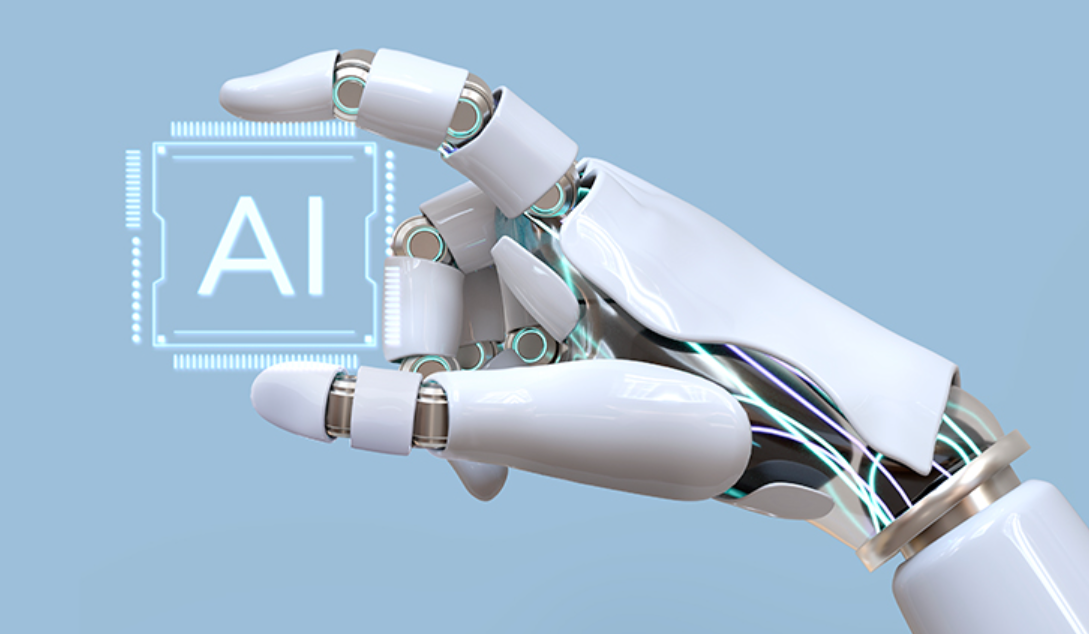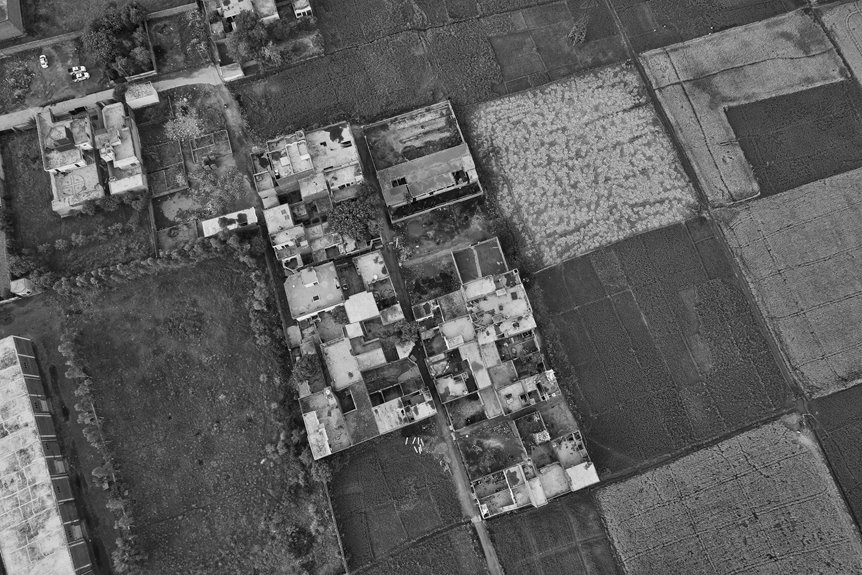The intersection of AI and robotics is poised for significant evolution. Current advancements in machine learning and autonomous systems are redefining efficiency across various sectors. However, this transformation raises critical ethical questions about accountability and bias. As industries adapt, the implications for the workforce and societal values become increasingly pertinent. Understanding these dynamics is essential for navigating the future landscape shaped by these technologies. What lies ahead may challenge conventional wisdom and ethical boundaries.
The Current Landscape of AI and Robotics
The landscape of AI and robotics has evolved dramatically over the past decade, marked by rapid advancements and increasing integration into various sectors.
Machine learning algorithms now power sophisticated robotic automation, enhancing productivity and efficiency.
This synergy not only revolutionizes industries but also raises questions about workforce displacement and ethical considerations, challenging society to navigate the balance between innovation and human autonomy.
See also: The Internet of Things: How Smart Devices Are Changing the World
Key Innovations Driving Change
As technological advancements continue to unfold, several key innovations are reshaping the landscape of AI and robotics.
Machine learning algorithms enhance decision-making capabilities, while collaborative robots work alongside humans, enabling seamless interactions.
Advances in sensor technology provide real-time data, improving responsiveness.
Furthermore, autonomous systems are redefining operational autonomy, empowering machines to perform tasks independently, thus driving efficiency and innovation across various sectors.
Applications Transforming Industries
Numerous applications of AI and robotics are currently transforming industries, leading to unprecedented levels of efficiency and innovation.
Automation advancements streamline processes, reduce operational costs, and enhance productivity.
Furthermore, industry integration enables seamless communication between machines and human workers, fostering collaboration.
This convergence not only empowers businesses to adapt swiftly to market demands but also liberates individuals to focus on more creative and strategic endeavors.
Ethical Considerations and Future Challenges
While the rapid advancements in AI and robotics promise transformative benefits, they also raise significant ethical considerations and future challenges that cannot be overlooked.
Autonomous decision making poses risks of accountability and bias, while privacy concerns grow as data collection becomes ubiquitous.
Navigating these complexities requires a commitment to ethical standards, ensuring that technology serves humanity without compromising individual freedoms or societal values.
Conclusion
As AI and robotics converge, the future brims with possibilities, yet it also casts shadows of ethical dilemmas and workforce challenges. Coincidentally, as machines learn to augment human capabilities, they simultaneously necessitate a reevaluation of societal values. This duality highlights an urgent need for frameworks that not only embrace innovation but also safeguard individual freedoms. Ultimately, the trajectory of this technological evolution will hinge on the balance between progress and responsibility, shaping a world where both humanity and machines thrive.








